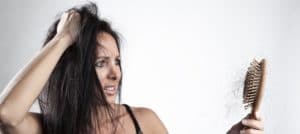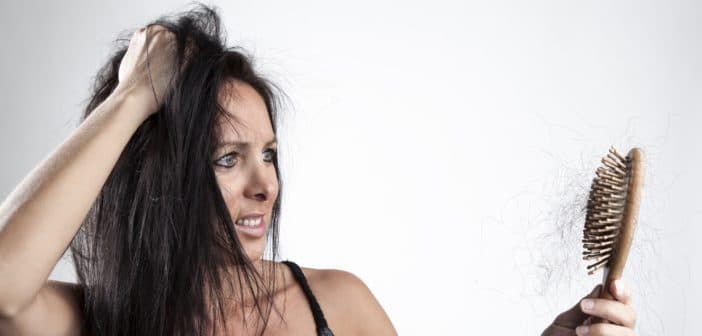 Did you know that drugs, directly and indirectly, deprive the body of the necessary nutrients? Hair thins out during this process, making addicts extremely self-conscious. Needless to say, hair loss can be stressful and lower one’s self esteem. In fact, so important and valuable is healthy hair that as of 2008, hair restoration surgeries were at 252,002 and 811,363 people were seeking hair loss treatment. And while there are drugs and surgical procedures to restore hair, nothing beats staying healthy.
Did you know that drugs, directly and indirectly, deprive the body of the necessary nutrients? Hair thins out during this process, making addicts extremely self-conscious. Needless to say, hair loss can be stressful and lower one’s self esteem. In fact, so important and valuable is healthy hair that as of 2008, hair restoration surgeries were at 252,002 and 811,363 people were seeking hair loss treatment. And while there are drugs and surgical procedures to restore hair, nothing beats staying healthy.
Holistic healing and recovery through healthy eating and exercise is good for reintegration into society and growing your hair back. Suffering from any kind of addiction results in detrimental symptoms, hair loss being one the most common. The average human scalp contains 100,000 hair follicles. Of these, 100 hairs naturally fall off daily during brushing or washing; read on to learn more about how to stop or prevent hair loss.
The Relationship Between Hair Loss and Drugs
An addiction to recreational drugs—cocaine, marijuana, heroin, ecstasy and the like—causes significant hair loss. When these drugs are introduced into the body, the system enters a state of shock leading to a condition called Telogen effluvium. Normally, 90% of hair is in continuous growth while 10% naturally sheds. Telogen effluvium causes the growing hair to enter into a resting phase by causing hair follicles to stop growing prematurely. Alcohol increases body estrogen levels, consequently resulting in hair loss. It also reduces Zinc levels, a nutrient responsible for hair growth. Genotoxicants from smoking destroy hair follicle DNA, which affects tissue remodeling during the hair growth cycle.
Foods That Thicken Your Hair
Many people do not know how to take care of their hair and resort to unnecessarily expensive treatments. Most malnutrition and addiction symptoms include thin, unhealthy hair, which really proves you are what you eat. Hair is basically protein and taking sufficient quantities of the same feeds your hair making it thicker, longer and shinier. Other nutrients needed to achieve healthy hair include Omega 3 fatty acids, Biotin, Iron, Zinc and Vitamin D. These minerals can be obtained from eggs, whole grains, seeds and white meats. You can also buy vitamin supplements. However, if your hair is exceptionally thin and shedding off a lot, seek professional assistance.
Avoid Physical Stress
Hair loss is embarrassing and if not taken care of, has dire effects on your health. One of the major causes of hair loss is physical stress. Interestingly, the reverse is also true. Either way, the mental and physical effects of stress on your hair and social wellbeing are severe, as you might not be able to interact with people with confidence. Every day becomes a bad hair day and if not tackled early, stress may result in alcoholic problems. Alcoholism and addiction are the full-blown effects of hair loss, which cost even more money and time to fix.
Ultimately, fixing the root of your stress and adhering to a healthy diet aids in the recovery from addiction. You can also fill in your thinned patches with preventive hairstyles and extensions to boost your confidence as you tackle your addiction to alcohol or junk foods (that might have resulted in that unhealthy state in the first place). Talking to someone to help you through the process and following natural hair blogs can also be of tremendous help. There are hundreds of hair care products to counter thinning in the market, what with the hair care industry generating $87.73 billion. Take care of your hair, eat a variety of nutritious foods and steer clear of drugs to remedy addiction-related hair loss.
Sponsored DISCLAIMER: This is a paid advertisement for California Behavioral Health, LLC, a CA licensed substance abuse treatment provider and not a service provided by The Fix. Calls to this number are answered by CBH, free and without obligation to the consumer. No one who answers the call receives a fee based upon the consumer’s choice to enter treatment. For additional info on other treatment providers and options visit www.samhsa.gov.




